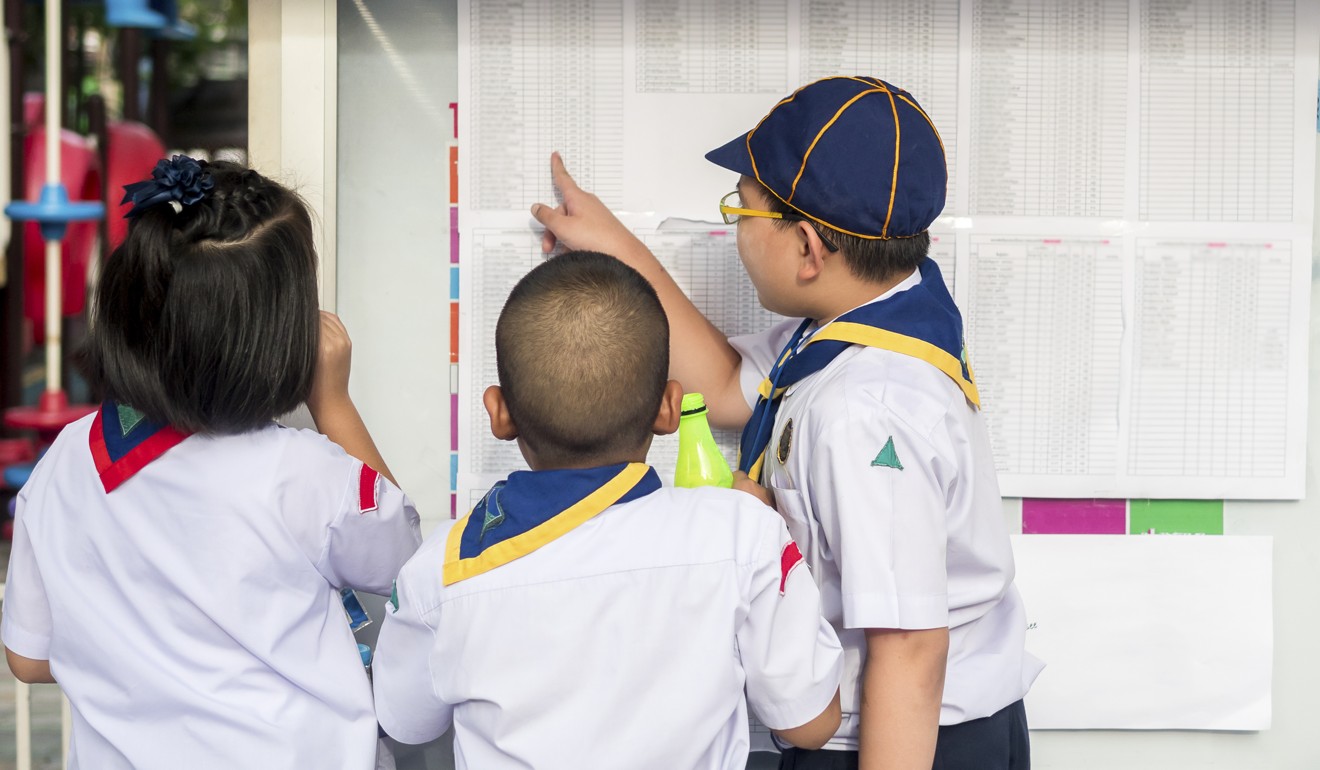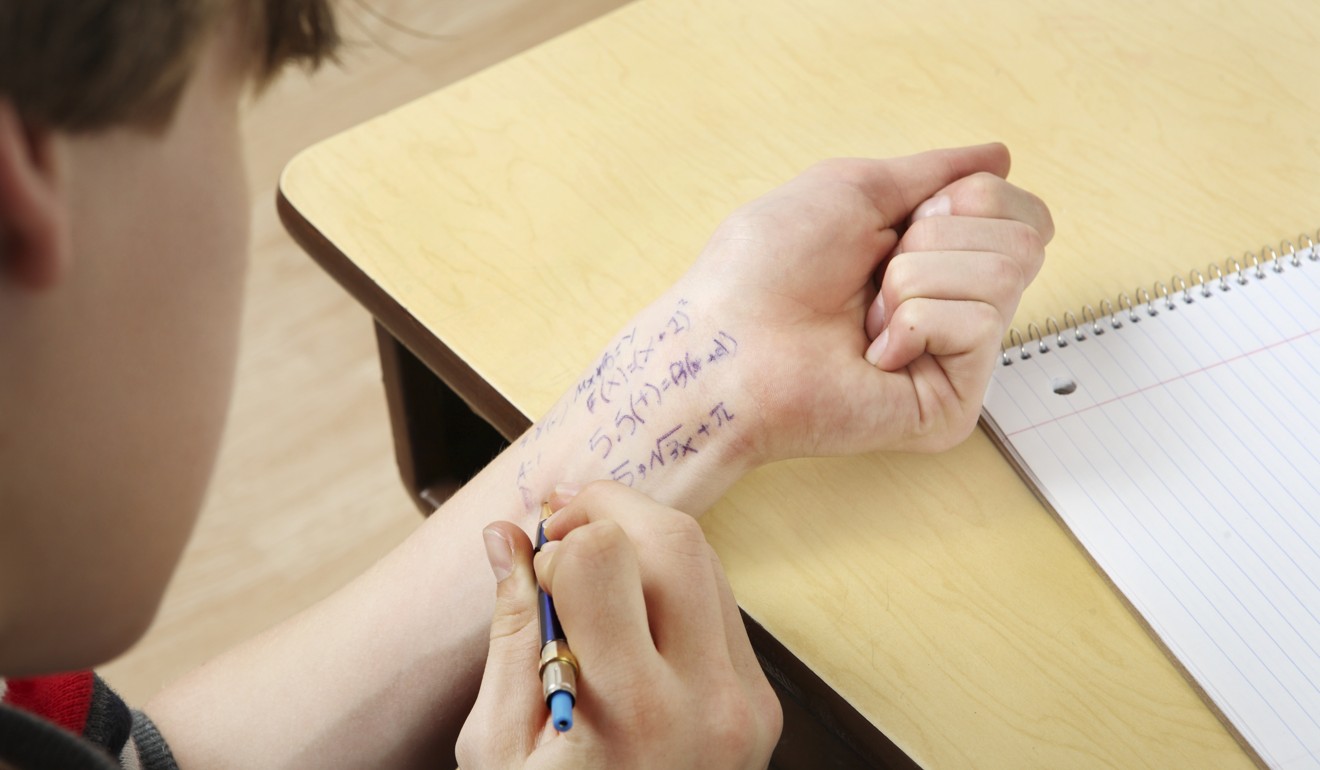
Why Hong Kong parents shouldn’t pile on the praise for results – concentrate on effort
New study by Chinese, US and Canadian scientists suggests budding Einsteins feel the pressure to cheat to get perfect results if they are constantly told they are smart rather than being applauded for effort in specific tasks
Part of a parent’s role is to praise and encourage children when they sing beautifully, dance sublimely, swim fast or top their class – and even when they don’t. We are supposed to be our offspring’s tireless champions, relentless deliverers of applause.
However, a study, published in Psychological Science, co-authored by scientists from the United States, Canada, and Lulu Chen and Li Zhao of Hangzhou Normal University in China, suggests glib, sweeping praise should be replaced with a more considered, circumspect approach.
Four ways diet could help reduce ADHD symptoms in children
Children celebrated by their parents for being smart are more likely to cheat in tests, the study also found.
“We found that three- and five-year-old children cheat more when they are told they are smart than when they are told that they performed well,” says Professor Gail D. Heyman of the Department of Psychology at University of California, and one of the academics involved.
“We believe telling them they are smart makes them feel that others are judging something important about them based on their performance. This leads to performance pressure, which then increases the temptation to cheat,” she says.

“This is different than other forms of praise, such as praising specific behaviours or praising effort, which does not imply that the child is expected to consistently perform well, and therefore does not have similar negative effects as ability praise.”
Raising a star: is the Hong Kong fame game good for children?
Praising a child for being “smart” can create what psychologists refer to as a “fixed” mindset, leading them to believe their intellect is inherent and can’t be changed. At a time when parents are increasingly ambitious about their children’s achievements, in the age of hot-housing youngsters, and especially given Hong Kong’s reputation for competitiveness at school and parents’ high expectations, it may be wise to remember this.
But, other experts observe, such research needs careful analysis. It’s not that we shouldn’t praise our children at all, it’s how we praise them that counts, says Scarlett L. Mattoli, a psychologist at Hong Kong mental health consultancy Psynamo. “Praise comes in many forms,” she says.

Heyman agrees. “My advice to parents is to keep praise specific (You did a nice job on the project, or I like the solution you came up with) and to comment on the process rather than the outcome (for example, How did you figure that out? What strategies did you try. Isn’t it fun to struggle with a hard problem like that?).
Making concrete statements about what a child has done well, Mattoli agrees, is very important, because it “helps them learn to self-evaluate, so they do not rely on external sources for measuring their own success”.
Emotional eating: why we shouldn’t comfort or reward children with sweets and snacks
The hug, the smile, the positive comments we give children all serve as “rewards” in their brain, lend a feel-good factor, and motivate them to repeat particular behaviours. But these “rewards” come in two forms: intrinsic and extrinsic, Mattoli says.
“Intrinsic reward comes from inside of us and starts at about two years of age when a structure in the brain, the hippocampus – a relay station for long-term memory – comes online more fully. This begins a period of ‘synaptic exuberance’, rapid growth in the number of neuronal connections in the brain, and the lighting up of the reward pathway as children begin to repeat actions over, and over and try to do everything themselves because they can, or ask for stories to be read and re-read,” she says.

Doing well in a test, for example, represents an intrinsic reward and, Mattoli says, “helps to develop a direct understanding of the correlation between hard work and success so that, when we self-evaluate afterwards, we are more likely to associate that it is rewarding because we did it ourselves”.
Low-profile mentor motivates children to self-study
“Extrinsic” reward comes from external sources and leads a child to focus on getting the reward rather than achieving a task at hand, which is why working solely to please a parent isn’t useful. “It does not help us retain information learned to use later, therefore we are less likely to feel real success or satisfaction,” Mattoli says, and miss out on the self-regulating state, “so continue to look to others for setting goals, measurement and approval”.
Professor Kang Lee, of University of Toronto’s Ontario Institute for Studies in Education, says: “We must praise kids to encourage them. However, we must praise what they have done, not who they are. So say, ‘you did such a great job’, not ‘you are so smart’.”

